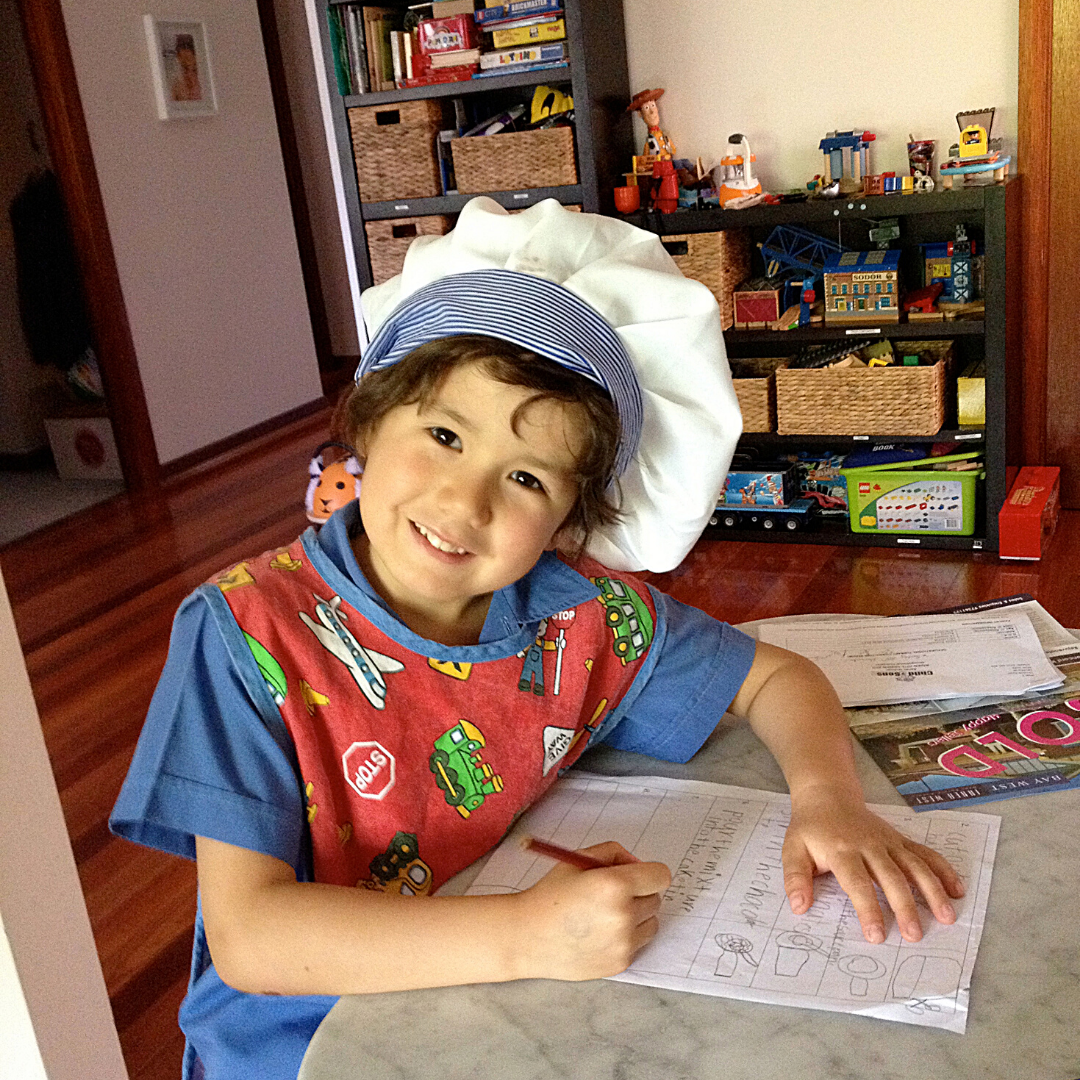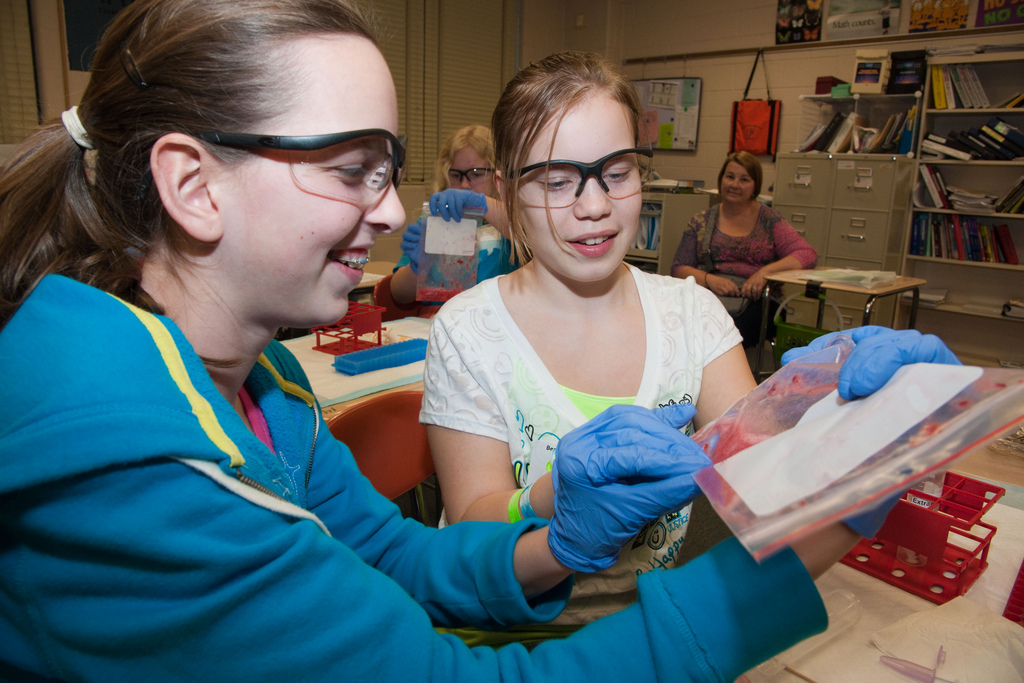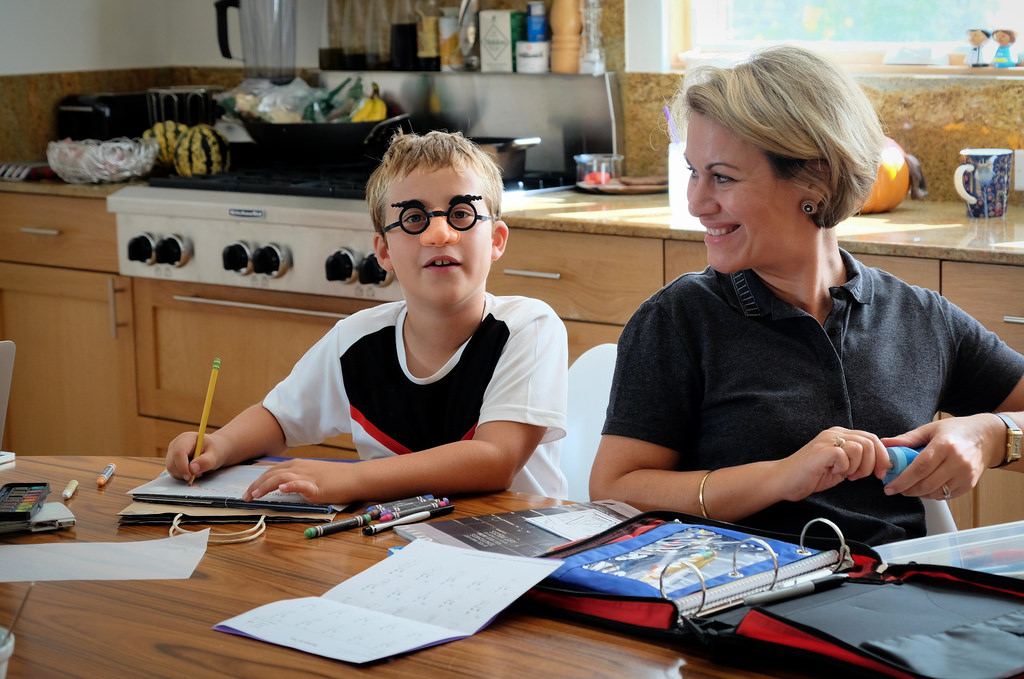Want better school results? Avoid the hype and use free, evidence-based learning strategies
Several commercial working memory and “brain training” products and services claim to increase cognitive function and academic achievement. Unfortunately, it’s not that easy.
Several independent, peer-reviewed studies and meta-studies (studies of studies) have concluded that working memory:
- training (as currently implemented) sometimes improves performance on the specific tasks that are trained (e.g. remembering strings of numbers); BUT
- gains on specific tasks do not “transfer” or “generalise” to general cognitive improvements (e.g. on attention or intelligence) or academic achievement (e.g. language ability or mathematics) (e.g. Aksayli et al., 2019; McCabe et al, 2016, Dougherty, Hamovits, & Tidwell, 2016; Gillam, Holbrook, Mecham, & Weller, 2018; Melby-Lervåg et al., 2016; Sala & Gobet, 2017a, b; Soveri, Antfolk, Karlsson, Salo, & Laine, 2017).
So if working memory and brain training doesn’t work to improve academic success, what can?
Here are three low-cost or free strategies supported by years of peer-reviewed research:
1. Elaboration
Learning the material you are studying deeply by making connections to things you already know is better than skimming, cramming or highlighting it. For example:
- if you can relate new information to your own life, you will have a greater chance of remembering the content than if you simply re-read it. This is called the “self-reference effect” (e.g. Klein & Kihlstrom, 1986);
- if you ask yourself questions as you are learning – especially “why” questions – you will find it easier to remember what you are learning about. This is called “elaborative interrogation” (e.g. B.L. Smith et al., 2010);
- if you describe to yourself why a particular strategy choice was made during problem-solving, you are more likely to understand it. This is called “self-explanation” (e.g. Wong et al., 2002). For example, training in self-explanation has been shown to lead to more connected and coherent knowledge as people develop expertise (e.g. Richey & Nokes-Malach, 2015);
- if you use mental images to rehearse language-based information, you will remember the material better (e.g. Paivio et al., 1968). (For an example of how to do this, check out our free video demonstrating a simple memory peg system here.); and
- if you use mnemonics (verbal and/or visual) to organise or “chunk” new material (e.g. words in a foreign language), you will remember it better (e.g. Bellezza, 1996), especially in the short-term (e.g. Dunlosky et al., 2013). Examples include acrostics, acronyms, keyword mnemonics, peg words, the method of loci, and the use of songs, rhymes and stories.
2. Testing (retrieval-based learning)
Practising retrieving information from your long-term memory is a powerful way to learn, and much better than simply re-reading a text (e.g. Karpicke, 2012). One of the best ways of doing this is by making yourself do practice tests under test conditions. So, too, is making your own learning materials (compared to simply using teacher-created ones). This is based on a memory strategy called “generation” – where your memory is better when you create or do something yourself, rather than relying on someone else’s work.
3. Spacing (also called distributed practice)
Taking breaks between periods of study spread out over time is much more effective than cramming – even if the total study time is the same (e.g. Cepada et al., 2006). Deep down, most of us know this!
The ideal mix:
As a matter of logic, using a combination of the strategies above – elaboration and self-testing – implemented over a schedule to spread out learning sessions over time, with breaks between, should be effective. They certainly helped me when I was working and studying full time!
Why don’t more people use these strategies?
Two main reasons:
(a) Students aren’t taught about them. Studies show that students often have very little idea about how to study effectively using evidence-based strategies (e.g. Kornell & Bjork, 2007; McCabe, 2011).
(b) They are hard work! It’s human nature to seek out quick fixes, “hacks”, and programs marketed as fun. The reality is that, for most of us, learning important things about the world can be a hard slog, which makes people vulnerable to marketing claims promising short cuts.
Ultimately, it takes knowledge about what works, combined with motivation and discipline to implement an evidence-based self-study program.
Clinical bottom line
If you want to get better at learning language, maths, and other academic skills and knowledge, work hard to learn them, rather than working on skills tasks indirectly related to the material. Unlike many commercial working memory and brain training programs, elaboration, testing and spacing strategies are low-cost (or free), supported by peer-reviewed evidence, and work!
Related articles:
- How to improve exam results: 9 evidence-based DIY strategies
- Back-to-school study skill: 3 steps to remember any 10 things in order
- Worried about the HSC? 8 practical (and free) things you can do this week to get ready
Principal sources:
McCabe, J.A. Redick, & Engle, R.W. (2016). Brain-Training Pessimism, but Applied-Memory Optimism. Psychological Science in the Public Interest, 17(3), 187-191.
Askayli, N.D., Sala, G., Gobet, F. (2019). The Cognitive and Academic Benefits of CogMed: a Meta-Analysis. Available from Science Direct here.
Image: https://tinyurl.com/y4yv6qbq

Hi there, I’m David Kinnane.
Principal Speech Pathologist, Banter Speech & Language
Our talented team of certified practising speech pathologists provide unhurried, personalised and evidence-based speech pathology care to children and adults in the Inner West of Sydney and beyond, both in our clinic and via telehealth.








